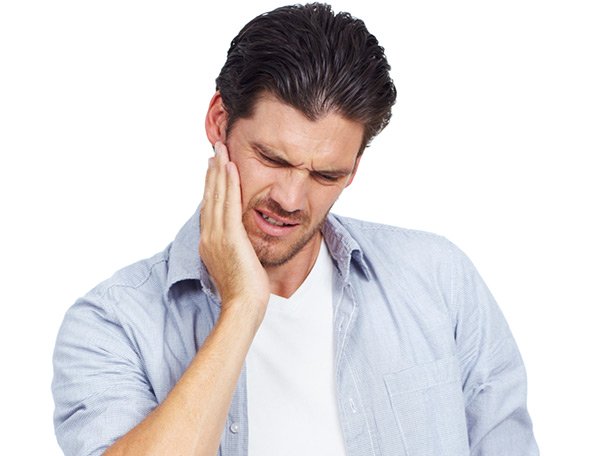My wife told me that if I don’t do something about my nighttime teeth-grinding habit, I’m sent to sleep in the guest room. I really don’t think she’s joking, but here’s the thing… I didn’t even know I was grinding my teeth.
To save my marriage and my oral health, I made an appointment with my family dentist in North York at Lilac Family Dentistry, and I learned that while teeth-grinding (also known as bruxism) has typically been associated with people who smoke or drink high levels of caffeine and/or alcohol; it is now suspected that stress plays a big role. This makes a lot of sense as I struggle to balance a new position at work with the demands of a busy family life.
What You Need To Know About Bruxism
Research suggests that one in 10 people will grind their teeth throughout the day, or while asleep. It’s about so much more than just your teeth. The biting force of an adult human can equal up to 200 pounds per square inch, and when you consistently clench or grind your teeth, the prolonged pressure wreaks havoc on your overall mouth structure as well as on the tendons, ligaments, muscles, and joints of the jaw, skull, neck and shoulders.
With that amount of pressure, you can expect to experience frequent headaches, TMJ pain, neck and shoulder stiffness or pain, changes to your sleeping patterns, and possibly ear pain. In severe cases, the experts at Lilac Family Dentistry see misalignment to the structure of the jaw and mouth, but more commonly, bruxism leads to increased tooth sensitivity, the wearing down of enamel, and/or chipped or broken teeth. It’s important to know the signs and address bruxism early.
Bite Back With Treatment From Your North York Family Dentist
In most cases Dr. Maralani at Lilac Family Dentistry will suggest a simple mouth guard to help stop the teeth from connecting, thereby alleviating the pressure caused from grinding. If the grinding is caused by stress, there may be a recommendation to address the issues that cause you stress, such as adopting healthy relaxation techniques to try before bedtime.
If you are grinding because of a sleep-related disorder, you may hear the words “mandibular advancement device.” Simply put, these custom-made appliances look and act like a mouth guard, but have a hinge that allows them to bring the bottom jaw (mandible) forward. The device is typically used to help manage sleep apnea and snoring, with the bonus of preventing grinding.
In many cases patients aren’t even aware that they grind their teeth. If you are under any additional stress, wake up with a popping or pain in your teeth or notice any of the symptoms we mentioned above, visit our North York dental team at Bathurst and Sheppard as soon as possible. Taking early steps to stop the daily grind can help you avoid greater damage in the future.
If you want a team that cares about your dental health as much as you do, give Lilac Family Dentistry a call.

